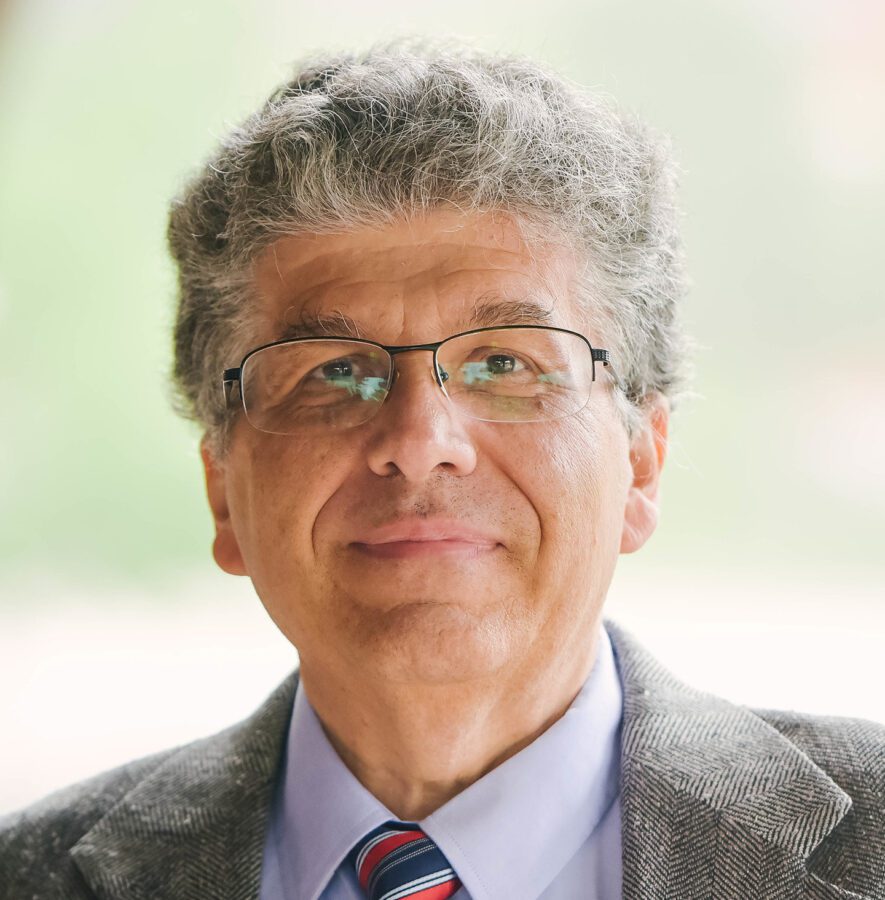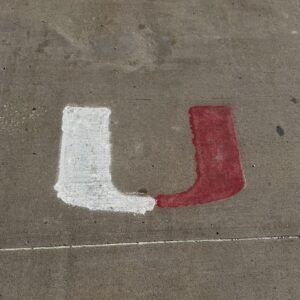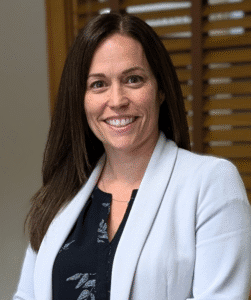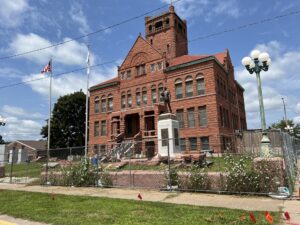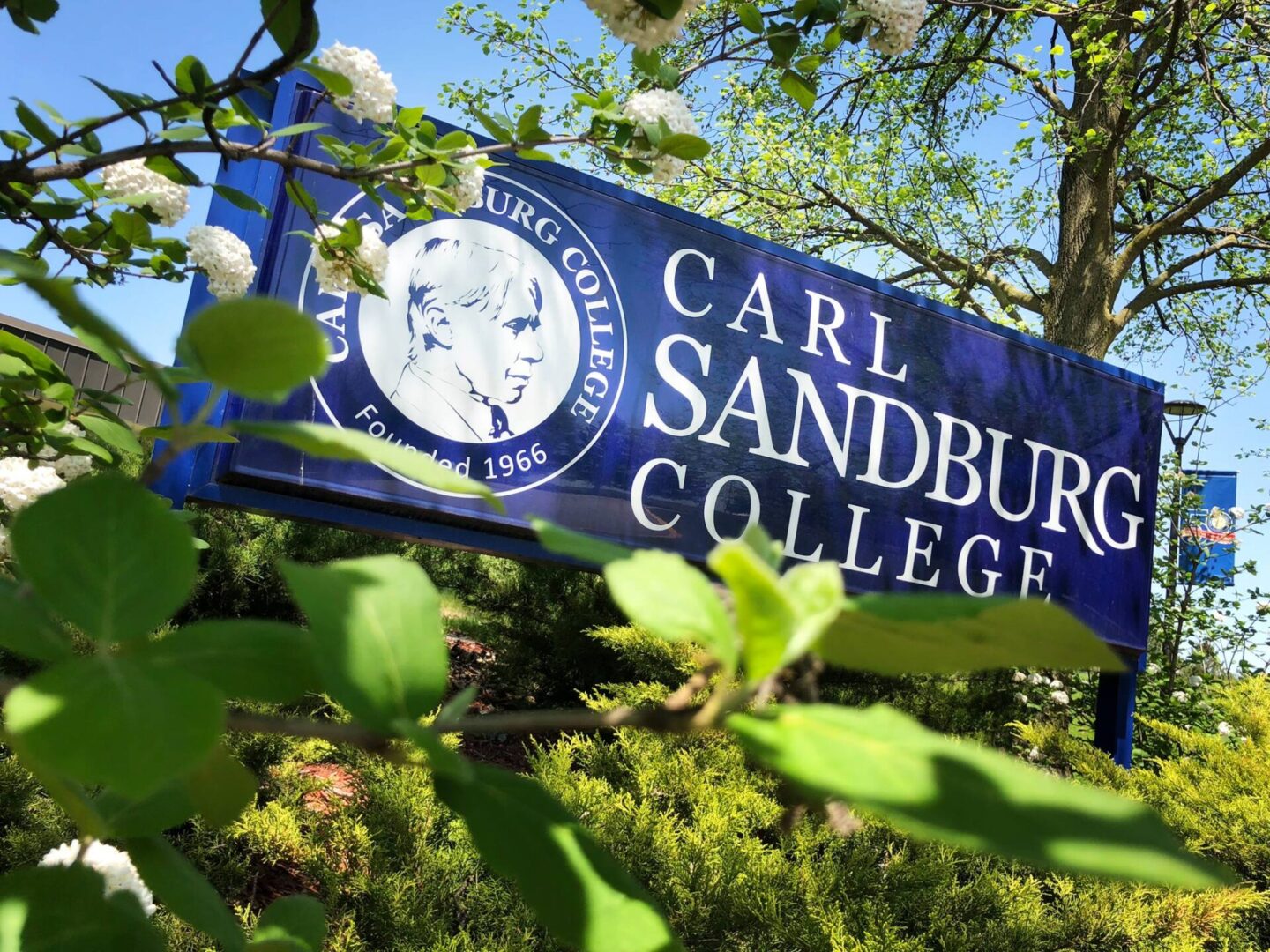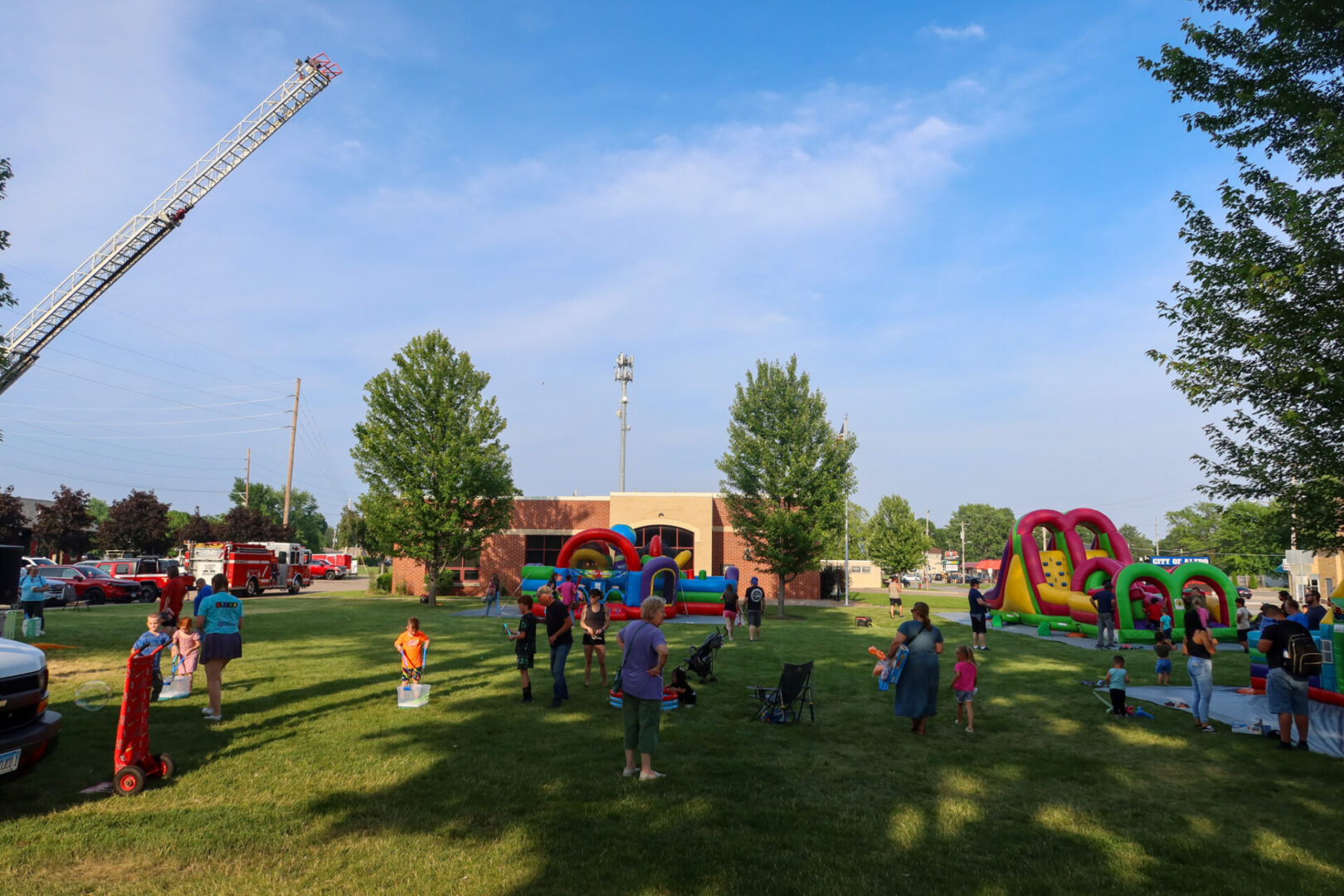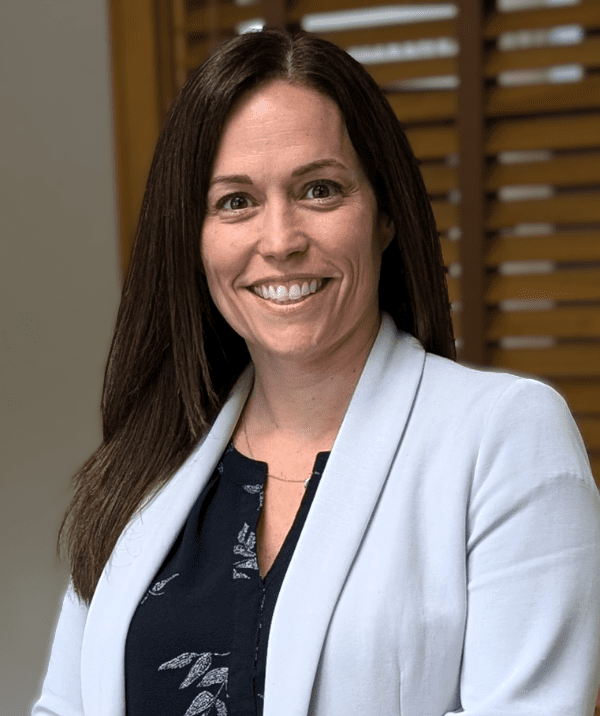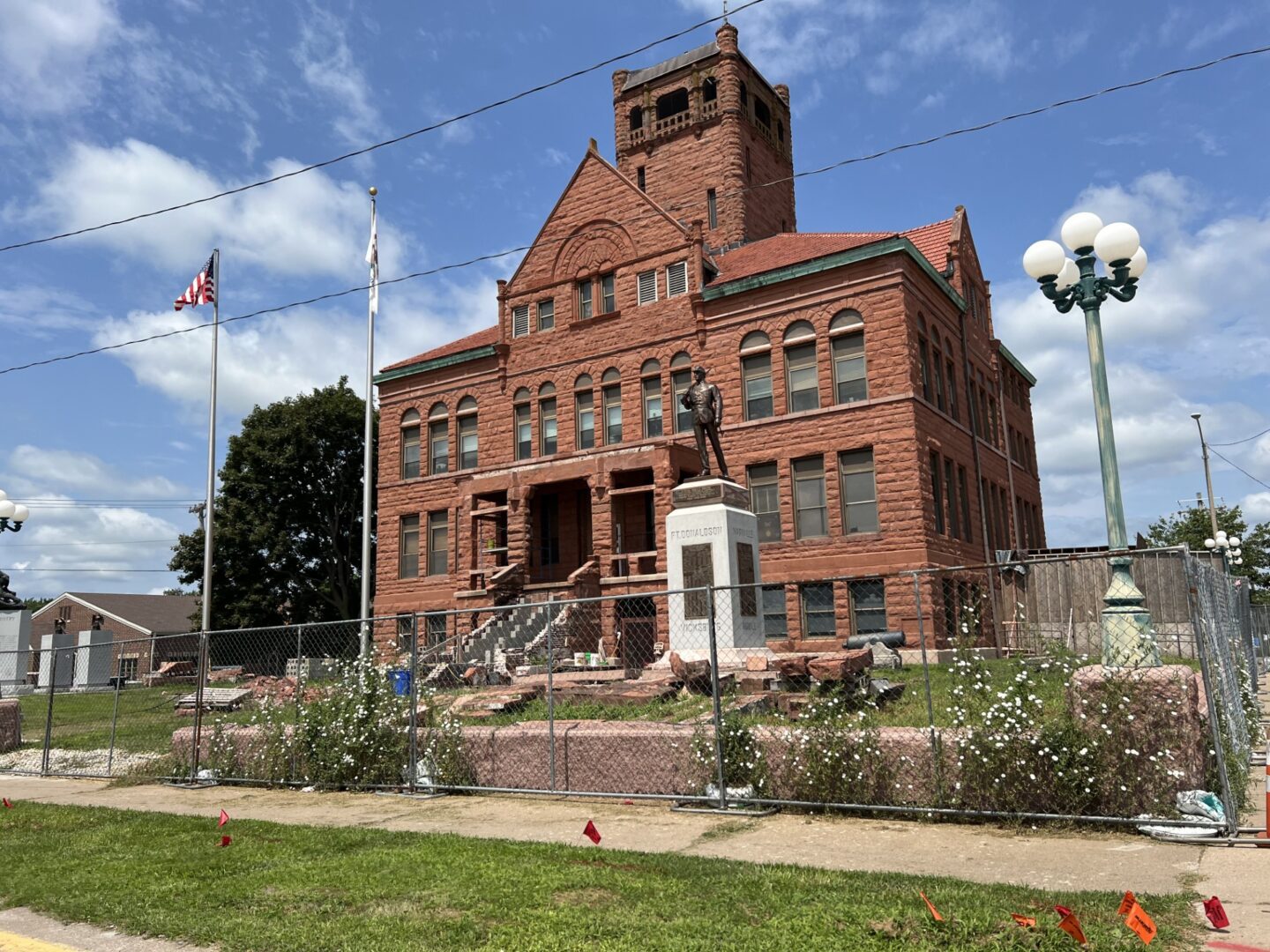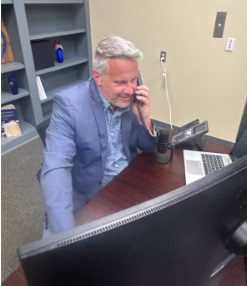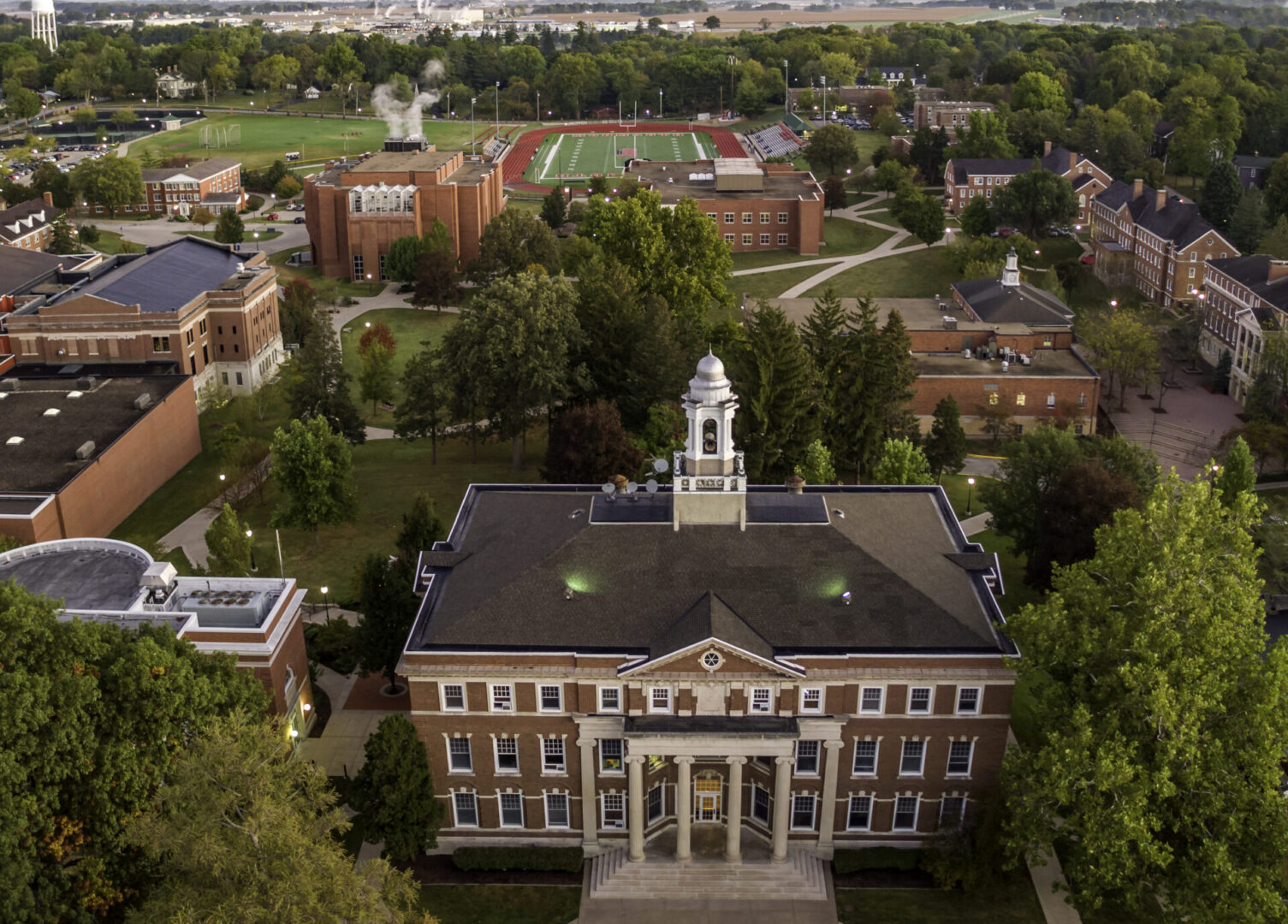Monmouth College has received a $100,000 grant from the U.S. Department of Energy’s Reaching a New Energy Sciences Workforce (RENEW) initiative to help underrepresented students in STEM develop research skills and connections in their field.
Specifically, a select group of Monmouth students will be exposed to a “world-class” research opportunity in physics through the college’s relationship with Fermi National Accelerator Laboratory in suburban Chicago.
RENEW aims to build foundations for Office of Science (SC) research at institutions historically underrepresented in the SC research portfolio, leveraging SC’s unique national laboratories, user facilities and other research infrastructures to provide training opportunities for students.
“We’ll select our participants by engaging faculty colleagues to find students who have potential, but might not yet realize their potential,” said Monmouth faculty member Chris Fasano, who chairs the college’s Department of Physics and Engineering. “This process is common and an important part of what Monmouth College does. Our role at Monmouth is to help students discover and develop talents that they might not even know they have. We put students in the best possible position to succeed and this grant helps us do that.”
Monmouth’s RENEW plan will serve six students – three in each of the two years that are funded. The central part of that engagement will be a 10-week summer experience that will include eight weeks at the college’s Department of Energy partner at Fermilab as part of its Mu2e experiment, which Fasano called “a world-class experiment.”
The muon-to-electron conversion experiment is a result of particle physicists turning their attention to finding physics beyond the Standard Model, which is the current description of the building blocks of matter and how they interact.
“Like many faculty, Dr. Fasano works tirelessly to give our students opportunities they wouldn’t otherwise have,” said Dean of the Faculty Mark Willhardt. “His pursuit of grants such as RENEW opens doors for Monmouth’s students and let’s them imagine themselves in new ways.”
Meeting challenges in STEM
Fasano said the grant will allow Monmouth to explicitly address several challenges in building the future research and STEM workforce.
“The nature of the demographic composition of college-age students is changing, with more students coming from groups that have not had opportunities and have been underrepresented in STEM disciplines, especially in physics and engineering,” he said. “Our program seeks these students and develops them.”
On a related note, such students who’ve had that limited opportunity often feel like they don’t belong.
“This is a serious challenge and in many cases leads to them leaving STEM,” said Fasano. “Our proposal is designed to demonstrate and develop a sense of belonging. We want our students to not only feel like they belong in physics and engineering, but that they have things to contribute and that the discipline needs them to continue to make discoveries.”
Once Monmouth’s first three students have experienced the program and found success, said Fasano, “They’ll become the ambassadors of success and belonging.”
Their summer schedule
The summer portion of the program will begin with a week on Monmouth’s campus, with the students meeting with Mu2e scientists either virtually or in person and starting to develop skills.
The next eight weeks will be spent at Fermilab, with the students doing technical build tasks, testing, and data analysis and modeling, as well as other tasks that contribute to the project.
For the final week, the students will return to Monmouth to get set up to continue their research during the upcoming fall and spring semesters, as well as participate in Monmouth’s on-campus, pre-semester SOFIA program.
“Research experience for undergraduates is well-known to be an effective way of attracting students, getting them excited about a future in STEM, and building a sense of belonging,” said Fasano. “By sending three students each year for two years, we are building a research cohort that will strengthen the participating students as well as the students they work with once they return to campus.”
***Courtesy of Barry McNamara, Monmouth College***


